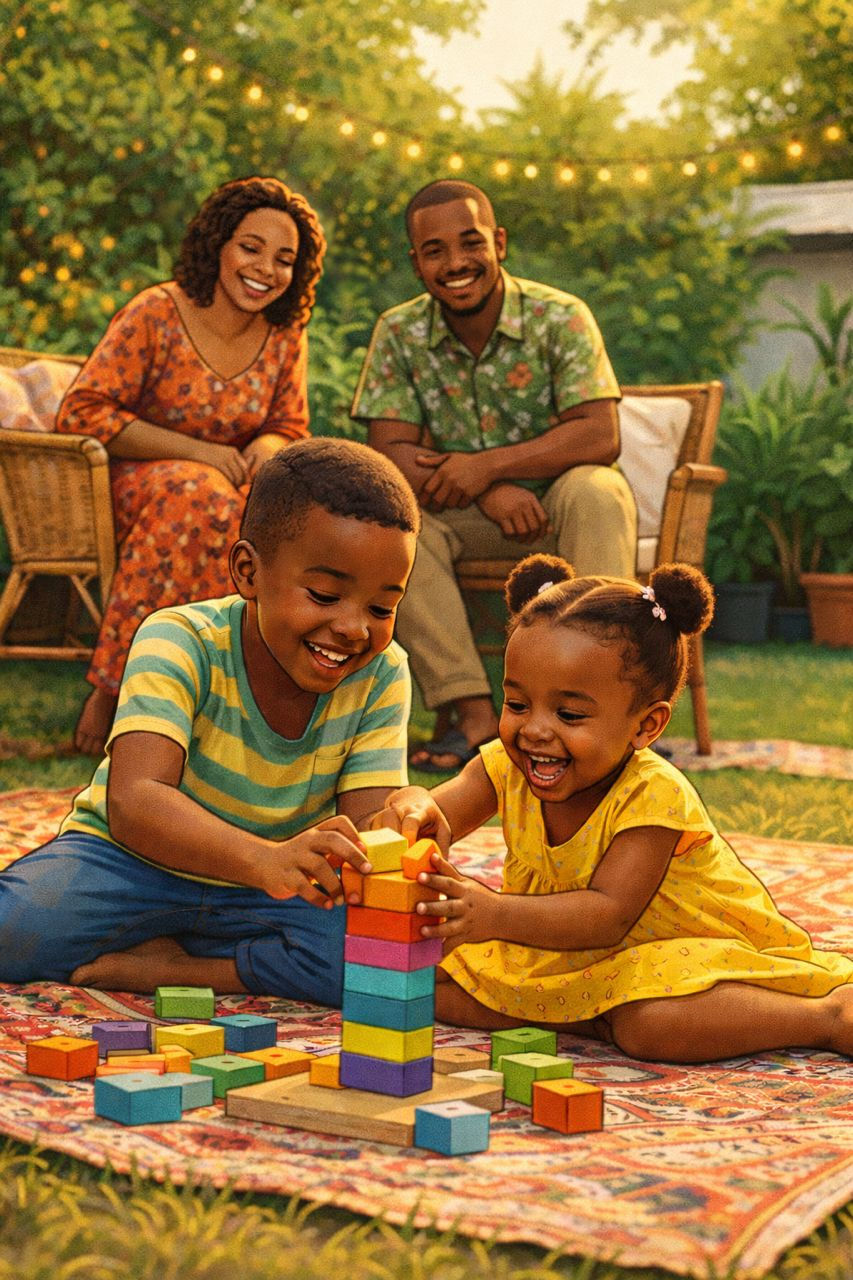Sibling wars: helping children get along after quarrels
- C-Sema Team
- Mar 13, 2019
- 3 min read

It is not uncommon to see siblings quarrel sometimes to the point of getting into fights and often trying to get back at each other for unsettled business. Most of us can recall our own fights with siblings as we were growing up. Although these sibling wars are common, they pose an annoying challenge to parents especially if we find ourselves playing the role of judge and mediator daily. Parents frequently find themselves defending one child while accusing the other of being mean to his/her sibling.
However, repeatedly labeling one sibling as naughty, troublemaker or mean actually instills this in them instead of discouraging it and they begin to see themselves as the rebellious sibling. Quarrels are not always started by the same child so you should be careful not to constantly accuse the same sibling of being naughty. Children are very smart and if a child realizes you are blind to the misdeeds of that angelic face, they can capitalize on this to bully their peers.
There's usually one or two children you pay more attention to and children also notice when one of them gets special treatment, so you might hear them saying things like Jane is the favorite child. Mom and dad always listen to her. Unfortunately, Jane might now use this to get her siblings into trouble or may end being ignored and left out by her siblings as punishment for her closeness to you.
When children constantly argue and fight, it affects them psychologically; especially those who are always on the loosing end. It affects them academically, affects their relationships with others, causes them to have low self-esteem or feel like they are always wrong. When these quarrels become too much for a child, s/he becomes stressed and this may cause him/her to harm himself, run away from home or want to live with other relatives. Avoid being the referee in every quarrel, avoid labeling one child as naughty/meanwhile the other is a victim in these arguments, and when you mediate, avoid favouring one side because they all deserve equal treatment and a chance to be heard.
All in all, do not be biased when it comes to these sibling wars. Allow children to settle their own differences under your supervision. At times you will of course need to step in and help mend these differences. It helps to ask them in turns, 'How would you feel if someone did that to you? How should we treat our brothers/sisters? What is the proper way to interact with your partner?
You can also set rules that whenever they fight, they get punishments like washing dishes or fewer privileges for the week. Always teach your children to love each other and be united. Explain to them how happy you are when they get along and why it upsets you when they are always fighting. Help them understand that in this world, they need to have each other's backs.
Teach them to apologize regardless of who may be wrong. In fact, be an example of humility and apologize when you do something that hurts them. This might be hard on your part but it will be a lesson that will help them even when they are adults. Finally, remember that getting along will not come over night. It is a lesson you will have to teach them time and again but eventually they will grow up to understand the importance getting along and loving each other and they will learn to settle their differences peacefully.
For comments and/or inquires please call 116 National Child Helpline. This is a toll free service available across all networks in Tanzania Mainland and Zanzibar. Facebook: Sema Tanzania; Twitter: @SemaTanzania or visit our website: www.sematanzania.org



